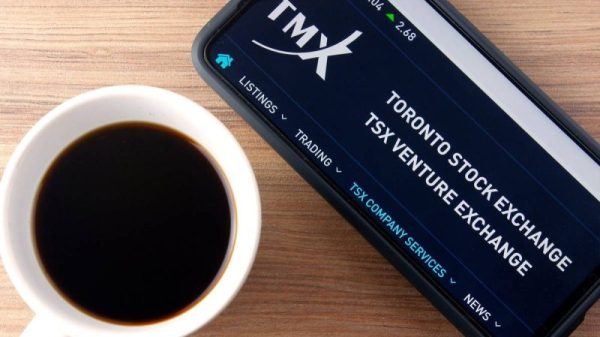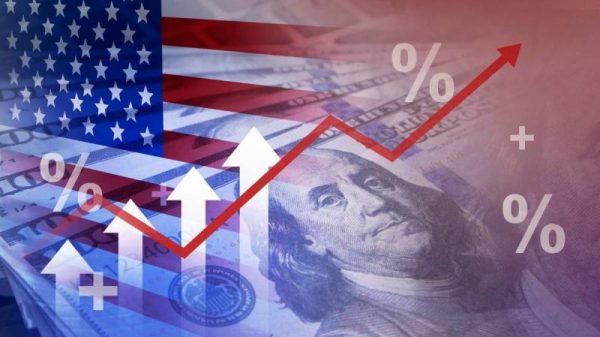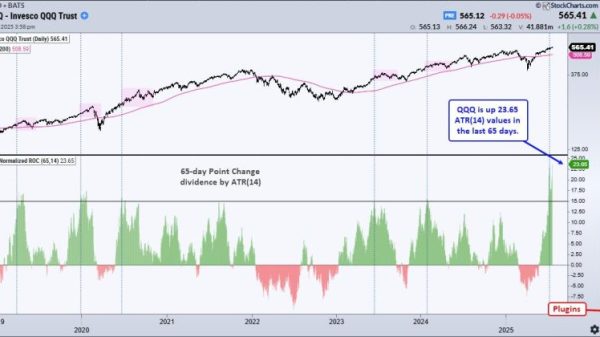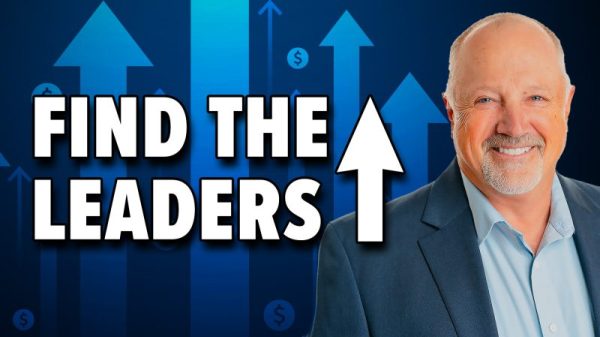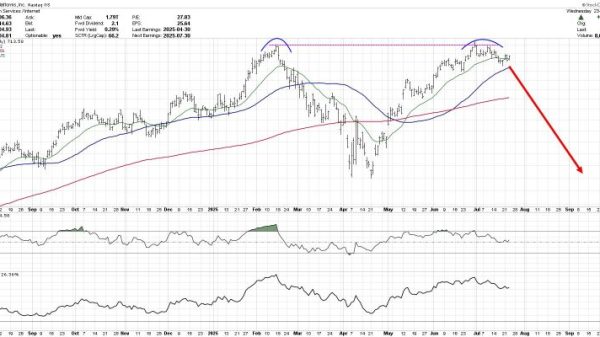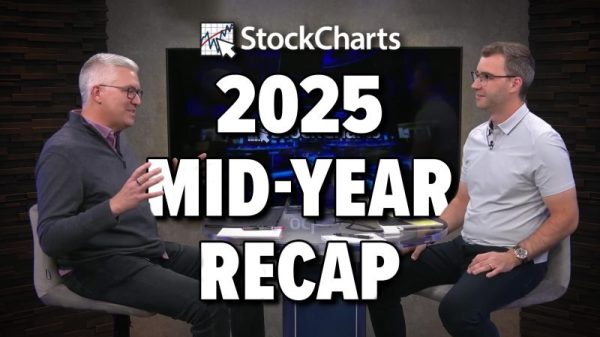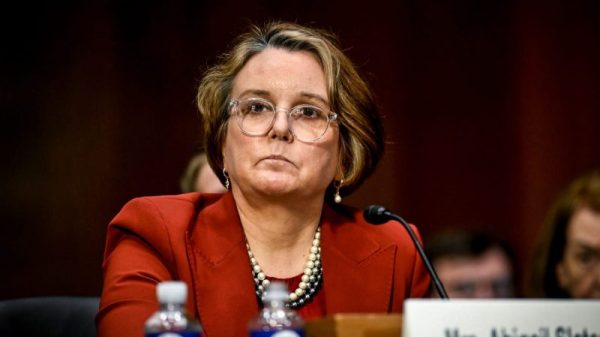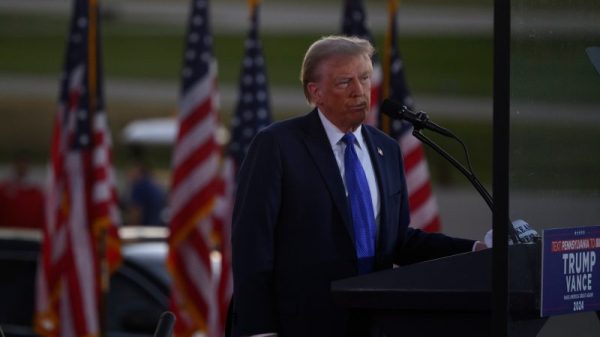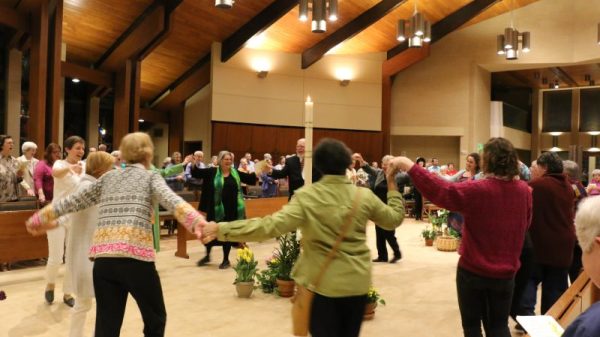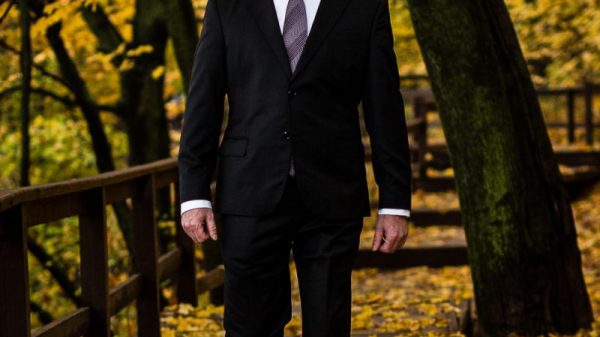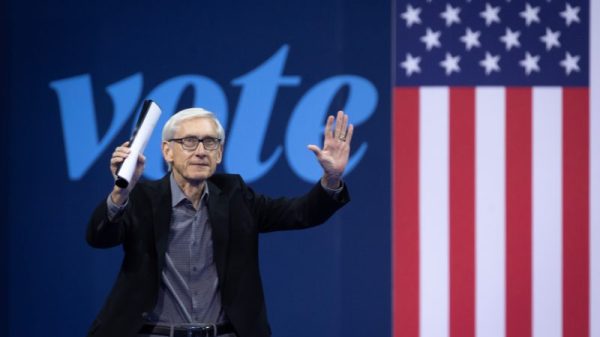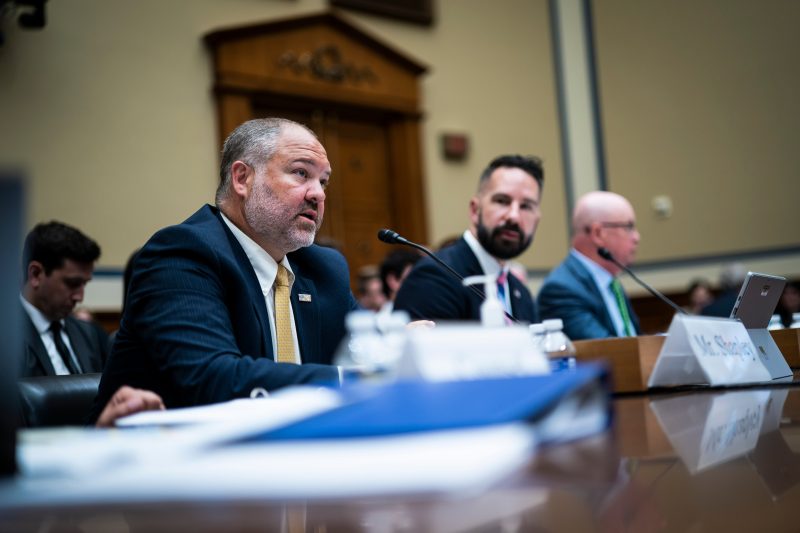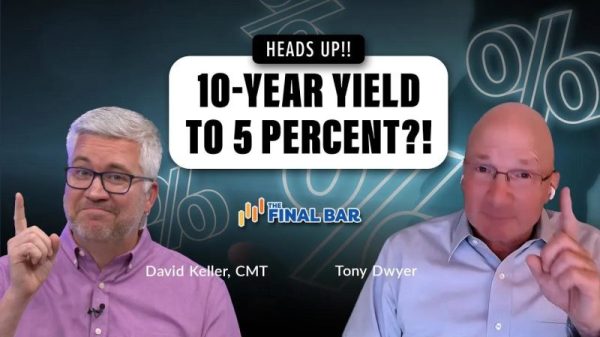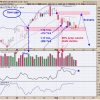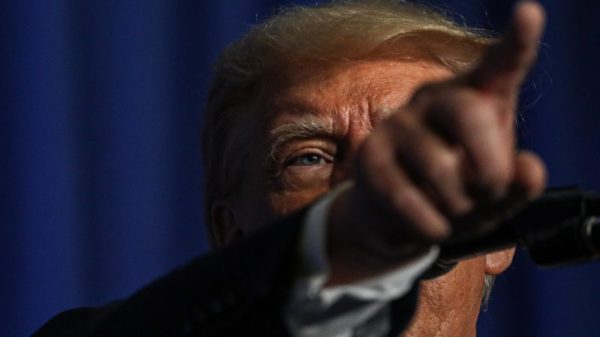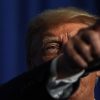House Speaker Kevin McCarthy (R-Calif.) announced an impeachment inquiry into President Biden on Tuesday under pressure from his right flank, but McCarthy has also expressed interest recently in an inquiry into Attorney General Merrick Garland.
During Tuesday’s announcement, McCarthy alluded to his beef with Garland: the unproven theory that “the president’s family has been offered special treatment by Biden’s own administration.”
The crux of that theory is that Garland played a role in shielding Hunter Biden from prosecution and lied about having given U.S. Attorney David Weiss total authority to bring any charges. Biden reached a plea deal on a gun issue and tax charges, but the deal fell apart, and on Thursday he was indicted on a charge of allegedly making false statements and illegally possessing a gun.
Between McCarthy’s Tuesday impeachment announcement regarding the president and Thursday’s indictment of his son, significant new information emerged. That includes testimony from multiple participants in an Oct. 7, 2022, meeting about the Hunter Biden investigation involving Weiss and FBI and IRS agents. Testimony about that meeting further called into question the claims of an IRS whistleblower — claims both Weiss and Garland had already disputed.
The Washington Post’s Jacqueline Alemany and Devlin Barrett reported that new testimony last week from senior FBI agent Thomas Sobocinski disputed IRS whistleblower Gary Shapley’s claim that Weiss had said he wasn’t the final decision-maker on charges against Hunter Biden.
Politico and the New York Times added that another FBI agent in the Oct. 7 meeting also could not recall Weiss making such a statement.
And Fox and the Times reported on testimony from another participant, Shapley’s IRS supervisor. The supervisor reportedly said he recommended Shapley’s removal from the team for Shapley’s “unsubstantiated allegations” before Shapley stepped forward as a whistleblower.
Shapley’s team also responded to news of Sobocinski’s testimony by sharing Shapley’s contemporaneous notes from that meeting. In them, Shapley wrote that Weiss had said he was “not the deciding person” — seemingly bolstering his claims.
The next big event is likely to be Weiss’s testimony; the Justice Department has proposed dates for late September or mid-October.
Given all the new revelations, it’s worth breaking down where we stand, who says what, and how the accounts compare.
The IRS supervisory special agent both took notes and later sent an email summarizing the Oct. 7 meeting. Those documents and his July testimony indicate Weiss said he did not get to decide on charges against Hunter Biden beyond his Delaware district.
Shapley has also said that Weiss said he had been denied special counsel status.
Some Democrats on the committee suggested that Shapley had merely misunderstood — that Weiss had said he wouldn’t be a special counsel, because special counsels’ decisions can be overruled by the attorney general. Seeking special attorney status, meanwhile, allows a U.S. attorney to press charges in other jurisdictions when the U.S. attorneys in them decline a case.
But Shapley stuck to his guns that it wasn’t a misunderstanding, citing his notes.
“No, that’s not supported by the facts,” he testified, citing Weiss’s “own admissions in the Oct. 7, 2022, meeting that I documented contemporaneously.”
The attorney general testified in March that Weiss had “full authority to … bring cases in other jurisdictions if he feels it’s necessary.” Garland added that, “I will assure that if he does, then he will be able to do that.”
He reiterated, after House Republicans began probing Shapley’s claims, that Weiss had been “given complete authority to make all decisions on his own.”
In letters responding to scrutiny from House Republicans, the U.S. attorney denied having requested special counsel status at the time. (He was ultimately granted that status last month, after the initial plea deal fell apart.)
He also said that, even before the October meeting, he had the “ultimate authority over this matter, including responsibility for deciding where, when and whether to file charges.”
The senior FBI agent overseeing the Hunter Biden investigation testified that he had not heard Weiss say that he wasn’t the decision-maker. He said his understanding was always “that [Weiss] had the authority to bring whatever he needed to do.”
“I went into that meeting believing he had the authority,” Sobocinski added, “and I have left that meeting believing he had the authority to bring charges.”
Sobocinski confirmed that his version of events differed from Shapley’s and said he spoke with “various members of the team” about the discrepancies.
He also said that, while he didn’t keep notes during the meeting, he would have remembered such a comment.
The Times reported that Ryeshia Holley, the assistant special agent in charge, testified of Weiss allegedly saying he didn’t get to make the decision, “I don’t remember him saying that.”
Politico previously reported on such testimony without naming the woman involved.
According to a transcript, the agent also reportedly testified that she was under the impression both beforehand and afterward that Weiss had that authority.
Fox News and the Times reported that Shapley’s former IRS supervisor, Waldon, testified last week that he sought Shapley’s removal from the team before his own departure in February. Waldon reportedly said this was “primarily due to what I perceived to be unsubstantiated allegations about motive, intent, bias.”
This would place the request before Shapley contacted Congress in April.
Waldon also reportedly said that, after the meeting, Weiss said he would no longer communicate with Shapley.
Waldon’s testimony is key, because he is the participant that Shapley and his allies have cast as bolstering Shapley’s version of the meeting. Waldon had sent a brief email responding to Shapley’s summary by saying, “Thanks, Gary. You covered it all.”
Shapley’s partially redacted, handwritten Oct. 7 notes appear to state, “Weiss stated — He is not the deciding person.” The rest of the line is redacted.
They go on to say, “USA CA — Estrada” — an apparent reference to Martin Estrada, the U.S. attorney for the Central District of California — “in charge of authorizing those charges in that jurisdiction.”
They continue on the next line:
The next, final unredacted line isn’t clear. But it says “CA decision not,” and then a word that looks something like “determative” — possibly meant to be “determinative.”
The notes would seem to back up Shapley’s allegation that he heard Weiss say he wasn’t the decision-maker, though at least three of the other six participants, including Weiss, have now disputed Weiss said that.
Two of them have testified to that effect, with Weiss’s testimony upcoming.
The discussion about bringing charges in California appears to bolster the idea that the plan — at least initially — was for Weiss to seek special attorney status if need be, rather than special counsel status.
Weiss said in a June letter that the process was to contact the local U.S. attorney and, if they didn’t want to partner on charges, “I may request Special Attorney status from the Attorney General.”
He added in July, “I was assured that I would be granted this [special attorney] authority if it proved necessary. And this assurance came months before the October 7, 2022, meeting referenced throughout the whistleblowers’ allegations.”
This doesn’t address Shapley’s notes and testimony claiming Weiss said he had requested special counsel status, something Weiss has denied. But it does suggest that Weiss mentioned a path — “follow the process,” etc. — that would have allowed him to bring charges even absent that and without the local U.S. attorney signing off. The idea that the “CA decision” wouldn’t be determinative would also fit with him seeking special attorney status.
Which brings us back to the plausible idea, floated by House Democrats and some legal commentators, that all of this might stem from a misunderstanding. The theory is that Weiss wouldn’t be made a special counsel — and might have said so — precisely because his decisions could be overruled by the attorney general, thereby creating the impression of political influence in a matter involving the president’s son.
Shapley, though, flatly rejected that in his testimony, saying Weiss had said he requested and was denied special counsel status.
“That is what he said that day,” Shapley asserted.


